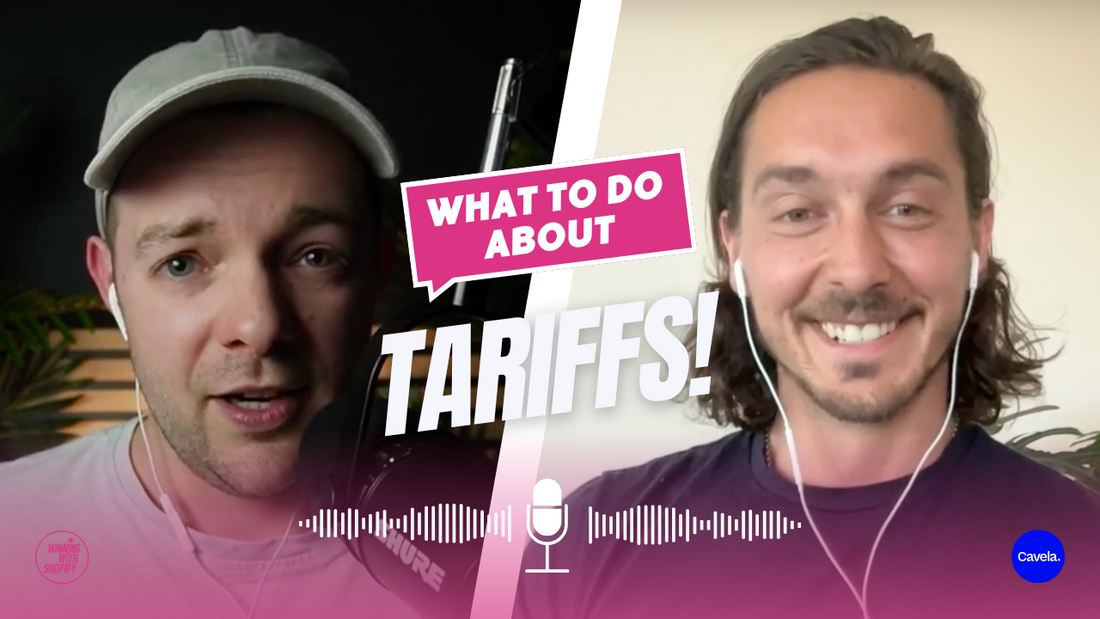
Save 40% On Stock Costs To Combat The Tariffs!
Share
You can also listen on:
Apple Podcasts / Spotify
Anthony, founder of Cavella, joins from Mexico, where he’s meeting with suppliers. Cavella is a virtual product sourcing agent designed to make the sourcing process simple for eCommerce brands.
What Cavella Offers:
-Access to 200,000 vetted suppliers in 40 countries
-Up to 40% cost savings on stock
-Hands-on sample management and QA processes
-Exclusive discount for podcast listeners: 50% off your first sample run
The Biggest Stock Challenges Shopify Brands Face
Sourcing isn’t as simple as setting up a Shopify store and plugging in payments. The real challenge lies in:
-Finding trustworthy suppliers
-Managing sampling rounds and product quality
-Navigating customs, import duties, and rising tariffs
-Coping with lead time delays and out-of-stock issues
Why Supplier Diversification Matters
Anthony explains how the old model of working with one “go-to” supplier is risky. Brands now need:
-Multiple suppliers per product category
-Suppliers across different countries, not just China
-Contingency plans when geopolitical issues impact one region
Cavella supports this by offering quotes and samples from several suppliers at once, consolidated through one streamlined platform.
Ensuring Consistent Product Quality Across Suppliers
Sourcing from multiple factories raises a key question: how do you maintain consistent quality?
Cavella’s answer:
-Keep product verticals with one supplier where possible
-Deploy third-party quality assurance agents at factories
-Use reference samples to check against production runs
-Collect supplier certifications to ensure ethical production
Smart Sampling: Avoiding the Hidden Costs
Sampling sounds easy, but Nick highlights the hidden costs: customs, delivery fees, and logistics headaches.
Cavella’s approach:
-Consolidate multiple supplier samples into one shipment
-Cut sample shipping costs by up to 50%
-Manage the entire process through a single Stripe payment
Navigating US Tariffs: What Brands Need to Know
With rising US-China tariffs, Anthony outlines strategies for Shopify brands:
-Delay importing where possible until policies settle
-Use bonded warehouses to avoid upfront tariff payments
-Optimise HTS code classifications for lower duty rates
-Ensure tariffs are calculated on EXW costs, not inflated FOB costs
-Request itemised invoices to avoid paying tariffs on non-taxable services like R&D
Beware of suppliers suggesting underdeclaration—the fines and risks are high, and border officials are cracking down.
The Cost of Over-Optimising for Cheapness
Nick and Anthony explore the downside of always choosing the lowest-cost supplier. One example: a client who needed faster shipping for hotel orders had to switch from India to Mexico. The unit cost went up—but overall profits rose because she could meet demand on time.
Takeaway: sometimes slightly higher unit costs lead to more reliable sales and happier customers.
What Mistakes Should Brands Avoid?
Here are the most common pitfalls:
-Letting operations lag behind sales growth
-Over-optimising for cost instead of lead time or quality
-Not accounting for delays and customs issues
-Failing to forecast inventory accurately
Nick highlights how these back-office issues impact front-end marketing—especially when a bestselling product suddenly runs out of stock mid-campaign.
Cavella’s Sourcing Process: Step-by-Step
-Onboard your product: Upload specs and details
-AI-enhanced sourcing: Cavella uses automation to engage hundreds of suppliers
-Receive quotes: View side-by-side cost breakdowns, lead times, certifications
-Order samples: Pay through Stripe, receive consolidated shipments
-Feedback and QA: Review, iterate, and approve samples
-Production and delivery: Cavella manages logistics, customs, and delivery to your warehouse
Check out the full podcast episode here.
This episode was brought to you by Nick Trueman, Director of PPC & SEO Agency, Spec Digital.
